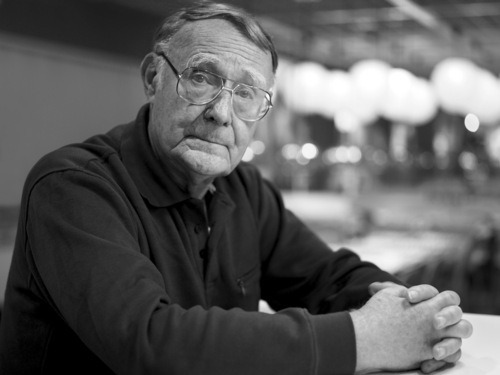Swedish business magnate Ingvar Kamprad had been at the helm of IKEA, one of the world’s largest furniture stores and most beloved brands, for more than 70 years when his death was announced Sunday.
With a net worth of $48.1 billion at its height, he was one of the world’s richest self-made billionaires.
If you ask Malcolm Gladwell, whose books have been read by millions of people, Kamprad succeeded thanks to an often-unpopular personality trait: disagreeableness, and not caring if people thought he was crazy.
From humble beginnings selling holiday tchotchkes to his neighbors as a child, here’s how Kamprad started a privately held $11.8 billion furniture revolution and became a billionaire.
Kamprad was born in the south of Sweden in 1926 and by the age of 5 began selling matches for profit. At 10, he rode his bike around the neighborhood to sell Christmas decorations, fish, and pencils.

Source: Business Insider, Sweden.se
In his teens, Kamprad became involved in a Nazi youth movement by the influence of his German grandmother, who was "a great admirer of Hitler." He later described that time as "the greatest mistake of my life" and even penned a letter to his employees asking their forgiveness.
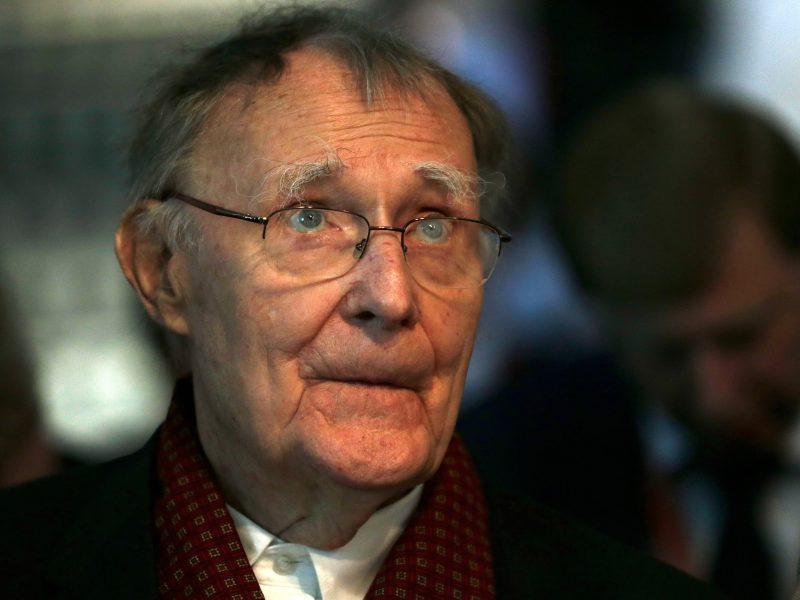
When Kamprad was 17, his dad gave him a cash reward for making good grades in school despite his dyslexia. He used the money to found IKEA in 1943. Kamprad didn't introduce furniture until five years in; he'd started by selling small household items, like picture frames.
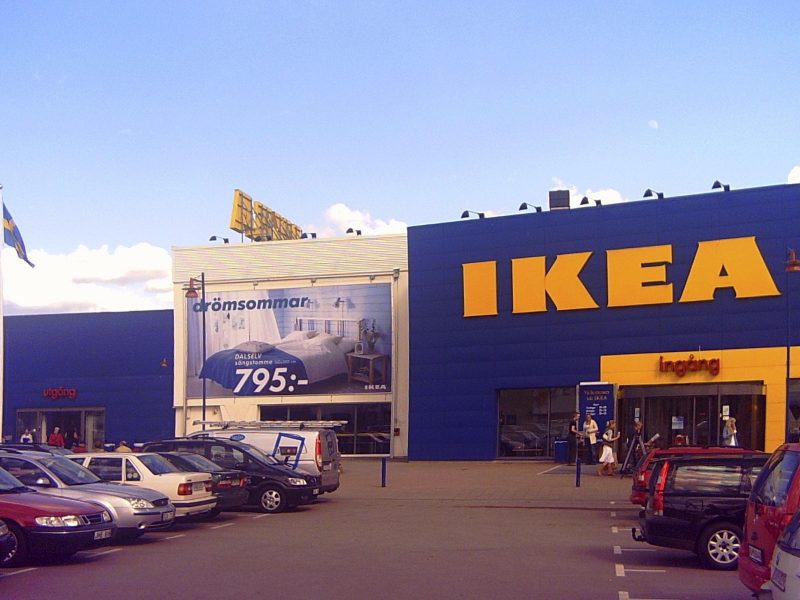
Source: Business Insider
The name IKEA is an acronym for the initials of his first and last names, plus the initials for the name of the family farm where he was born (Elmtaryd) and the nearest village (Agunnaryd).

Source: Wealth-X, Business Insider
In 1956, Kamprad revolutionized the furniture market by introducing "flatpacking," the method now synonymous with IKEA that cuts costs by letting consumers purchase their furniture in pieces and assemble it themselves.

Source: Business Insider
According to best-selling author Malcolm Gladwell, Kamprad was a rare breed — he possessed a combination of conscientiousness, openness, and disagreeableness. These personality traits are what made him a fearless innovator in the beginning of his career.
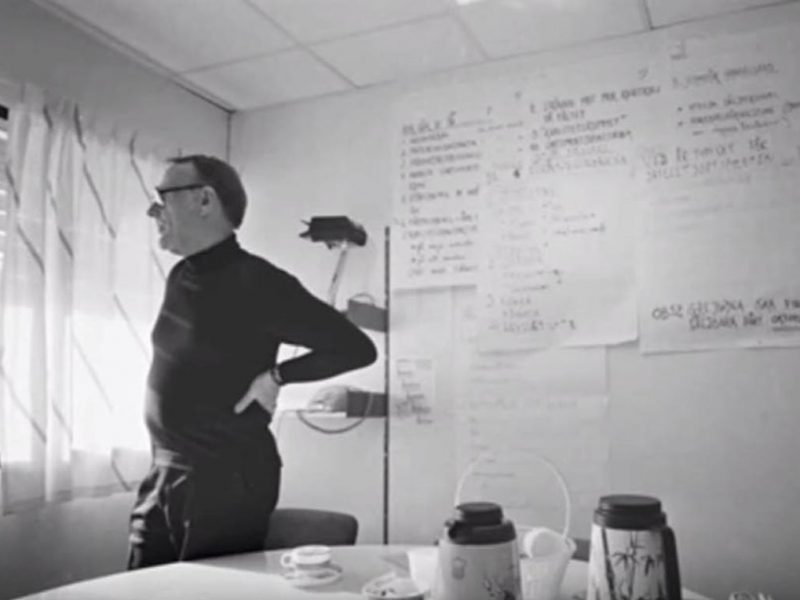
Source: Business Insider
In that vein, Kamprad unpopularly moved IKEA headquarters from Sweden to Copenhagen, Denmark, in 1973 to avoid unfavorable business taxes for his growing company. He also moved himself and his family to Switzerland to protest Sweden's increasing taxes. But the corporation is now based in the Netherlands, and Kamprad lived out the last of his days in Sweden.

Source: Business Insider
Kamprad ran a complex corporate structure that included a charitable arm and a retail and franchise arm. The IKEA Group of companies, based in the Netherlands, is owned by Stichting INGKA Foundation, which is also the charitable arm of the corporation. Funds from Stichting INGKA Foundation can only be used one of two ways: reinvested in the IKEA Group and its franchises, or donated for charitable purposes.

Source: IKEA.com
Kamprad was father to one adopted daughter and three biological sons. His sons, Peter, Jonas, and Mathias, have incredible influence at IKEA — they lead overall vision and long-term strategy. In 2013, his youngest son, Mathias, was named chairman of Inter IKEA holding SA, the company that controls Inter IKEA group and operates franchises around the world, after Kamprad stepped down.

Source: Quartz
In the past few years, there has been speculation about the true value of Kamprad and his family's wealth. Kamprad's lawyers decided that because Stichting INGKA Foundation's funds could only be used in two ways, they didn't count toward his personal net worth. However, Wealth-X valued his net worth at $48.1 billion.

Sources: Business Insider, Wealth-X
On taking his company public: "I decided that the stock market was not an option for IKEA," Kamprad has said. "I knew that only a long-term perspective could secure our growth plans, and I didn't want IKEA to become dependent on financial institutions."

Source: Business Insider
Two books have been published about the IKEA story. In 1976, Kamprad detailed the concept and ideology of his company in "A Testament of a Furniture Dealer," which now serves as a manifesto for IKEA. In the late 1990s he worked with a Swedish journalist on "Leading by Design: The IKEA Story," an account of maintaining simplicity at IKEA and in his life.
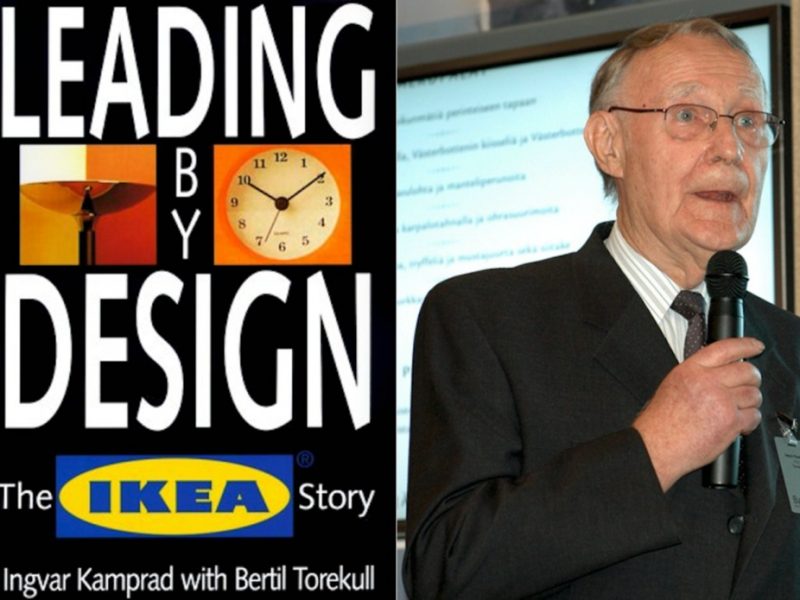
Kamprad was known by his peers to be incredibly frugal. He reportedly prefered to fly economy, stay in cheap hotels, and drove the same Volvo for two decades.
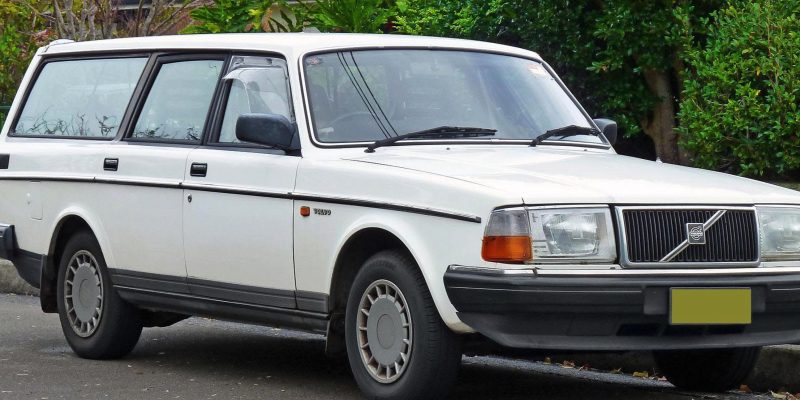
Source: Wealth-X
Today, IKEA has 370 stores in 47 countries. According to Wealth-X, Kamprad never borrowed money or issued a stock until he passed IKEA over to his foundations.
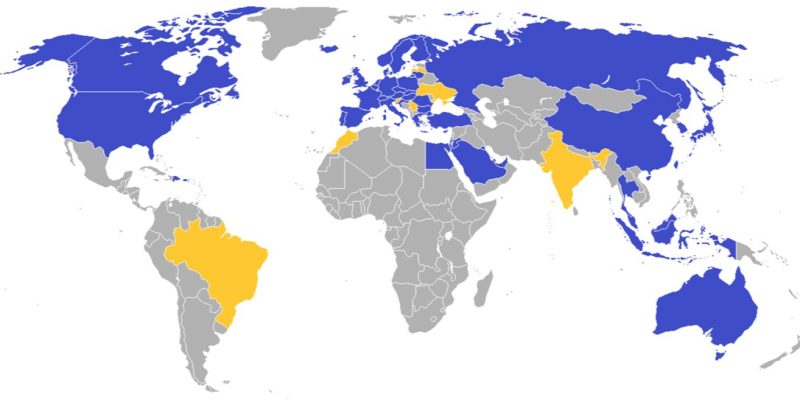
IKEA Food Services account for about $1.8 billion in yearly sales. Every IKEA store has a bistro that serves foods native to Kamprad's Swedish roots as a well as each location's local snacks and dishes. Swedish favorites like meatballs and waffle desserts are available for purchase in-store and online.

After spending 40 years in Switzerland growing IKEA into the global company it is today, Kamprad moved back to his hometown in Sweden in 2013 to be closer to family and friends after the passing of his wife in 2011.

Source: Telegraph
Kamprad served as a chief decision-maker at IKEA up until his death. Kamprad turned 91 in March. "Oh, I have so much work to do and no time to die," he said in 2014.

Source: Telegraph

